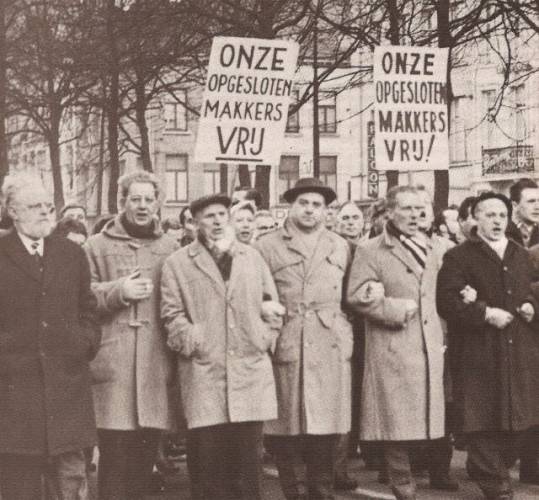Lessons of the Paris Commune
EACH TIME that we study the history of the Commune we see it from a new aspect, thanks to the experience acquired by the later revolutionary struggles and above all by the latest revolutions, not only the Russian but the German and Hungarian revolutions. The Franco-German war was a bloody explosion, harbinger of an immense world slaughter, the Commune of Paris a lightning harbinger of a world proletarian revolution.














